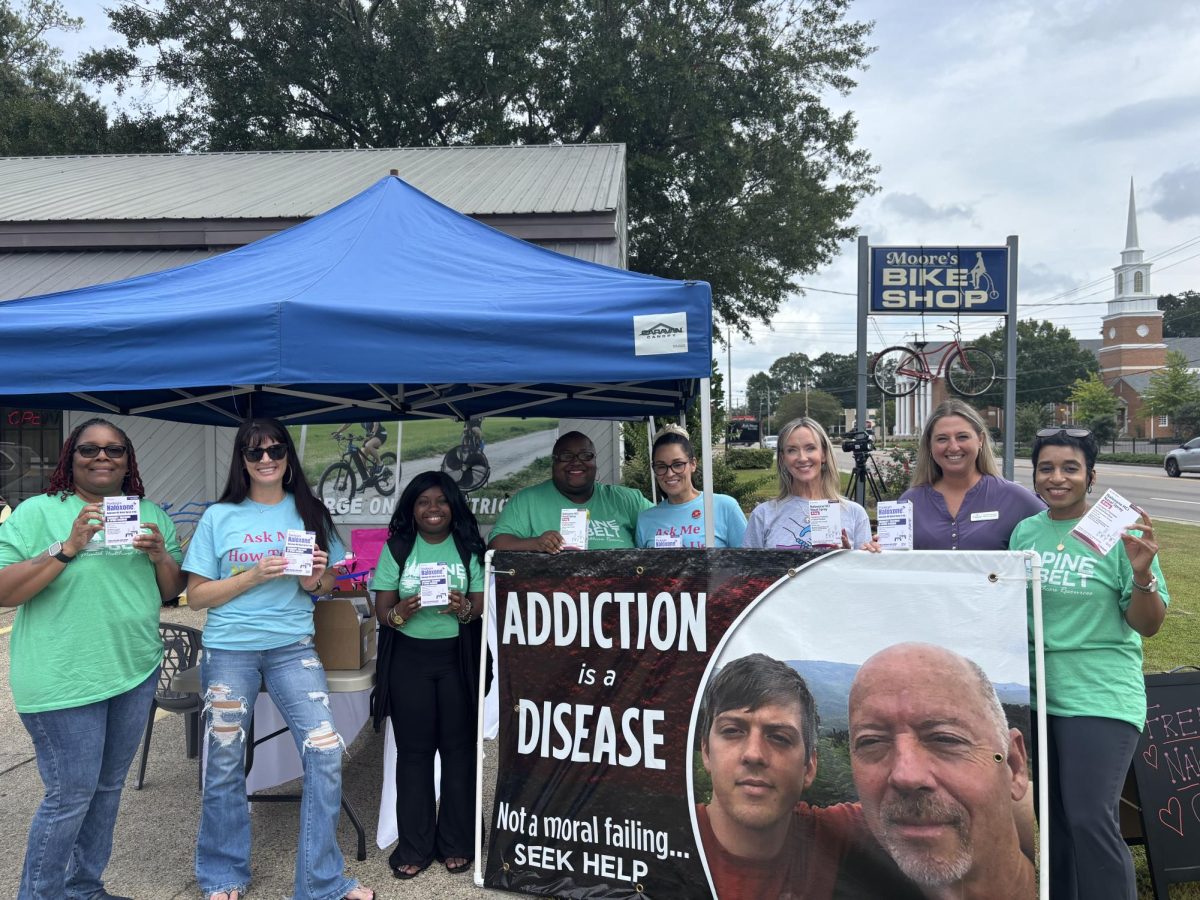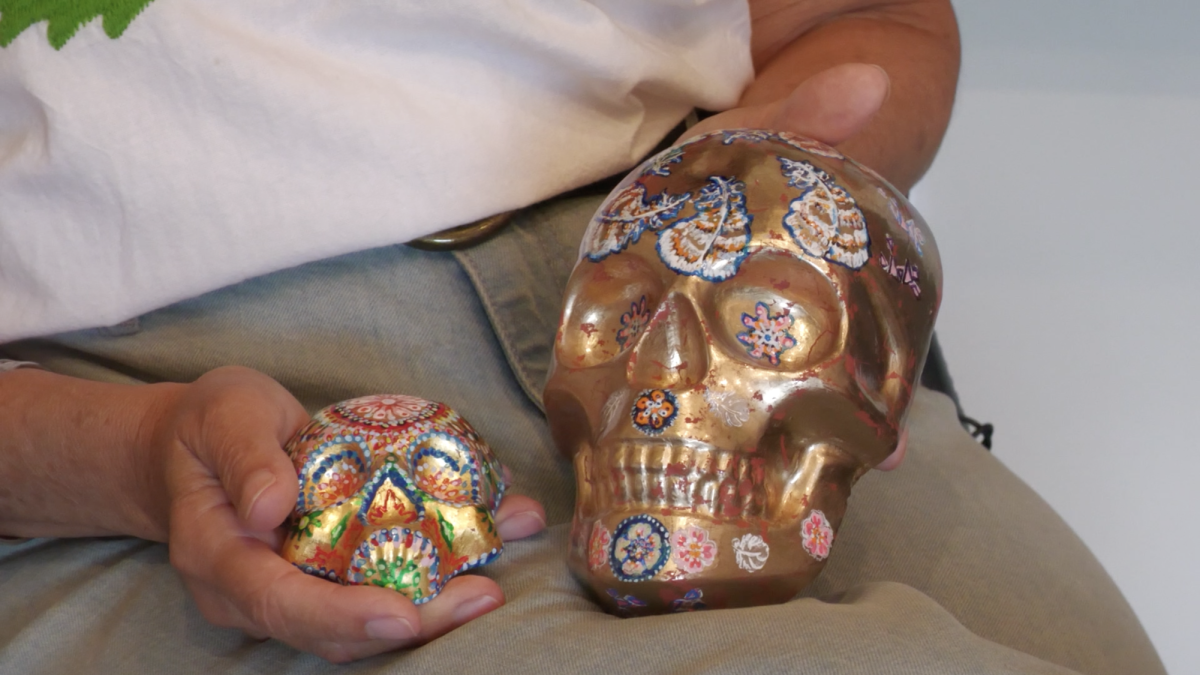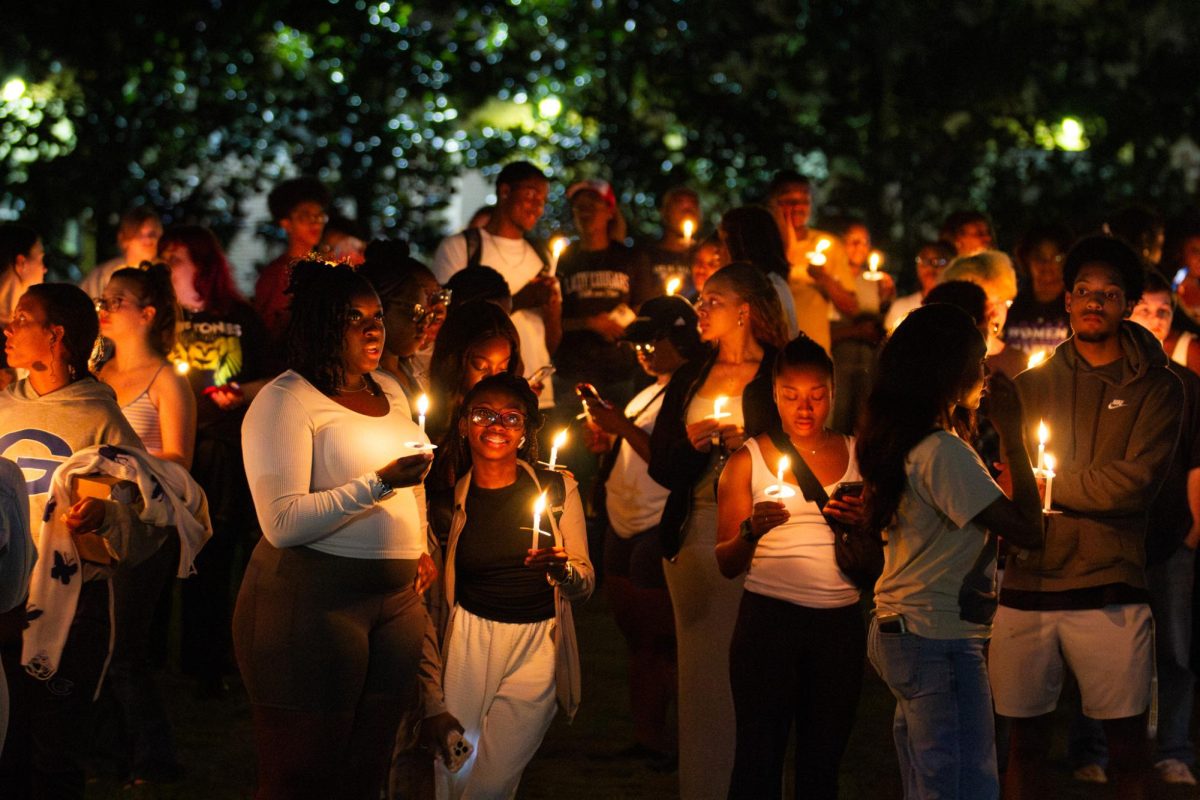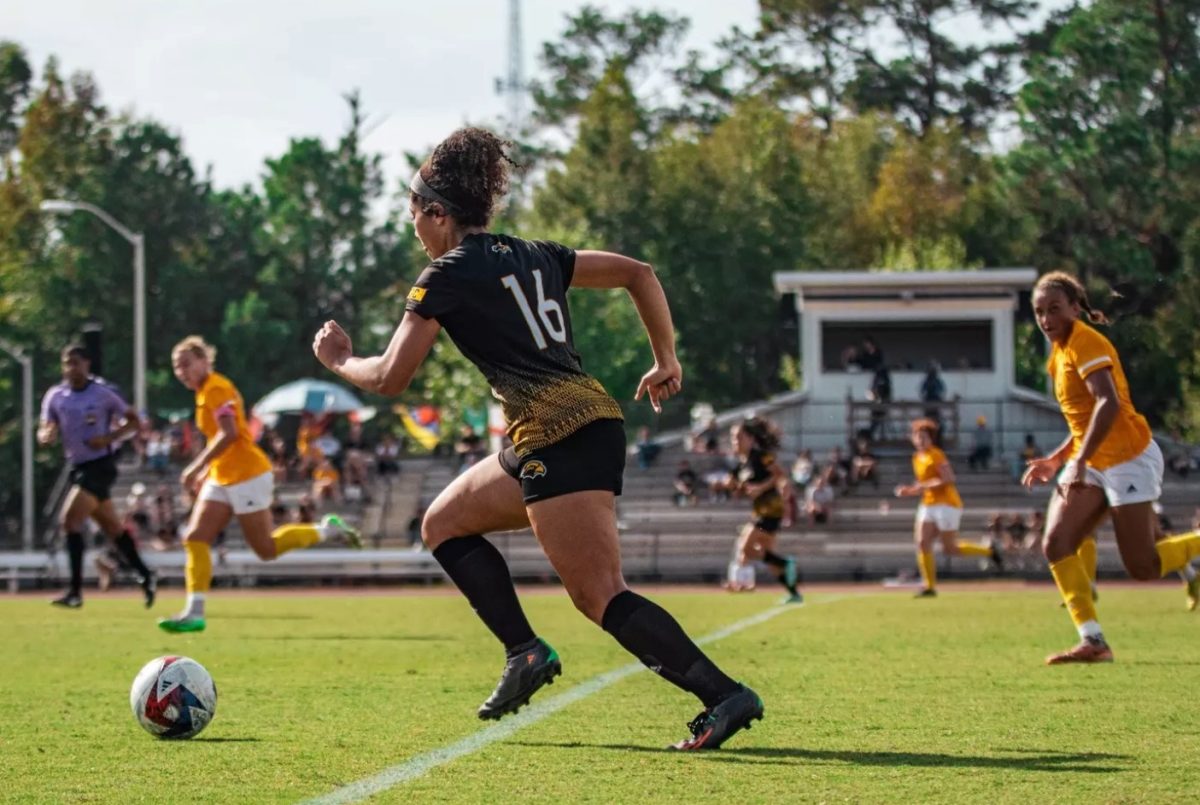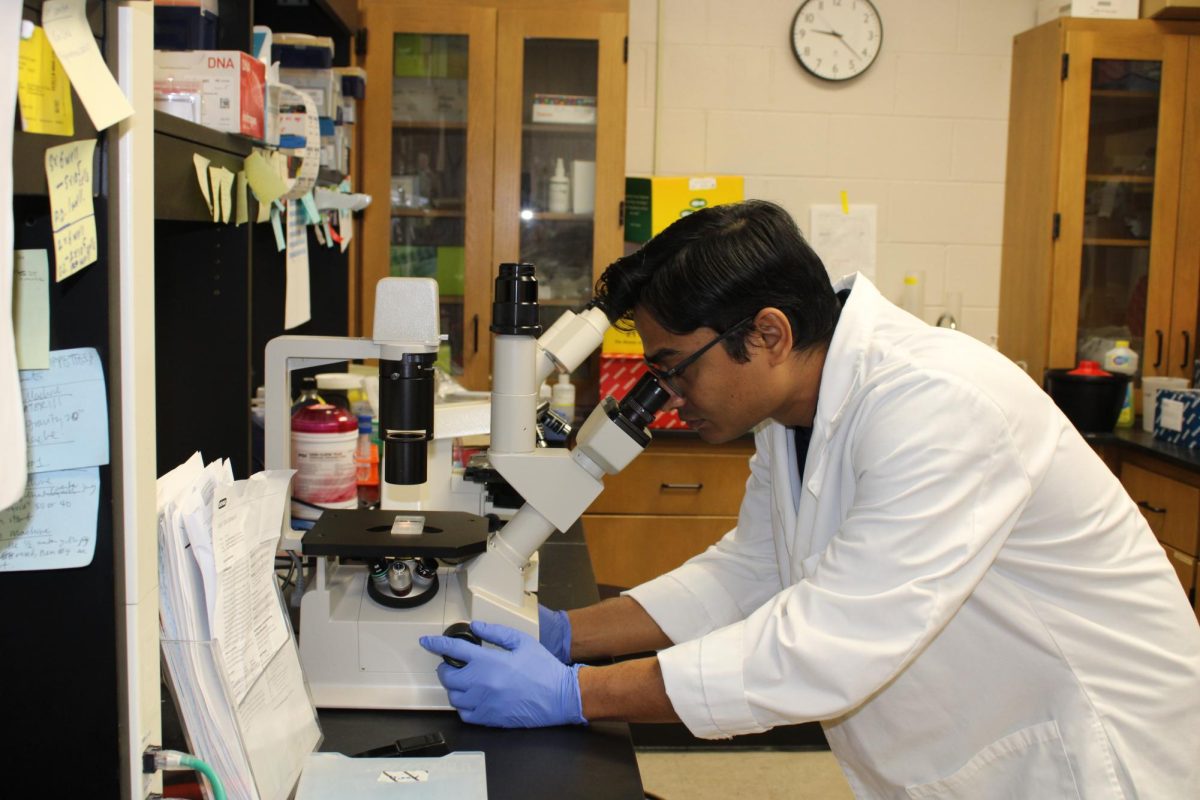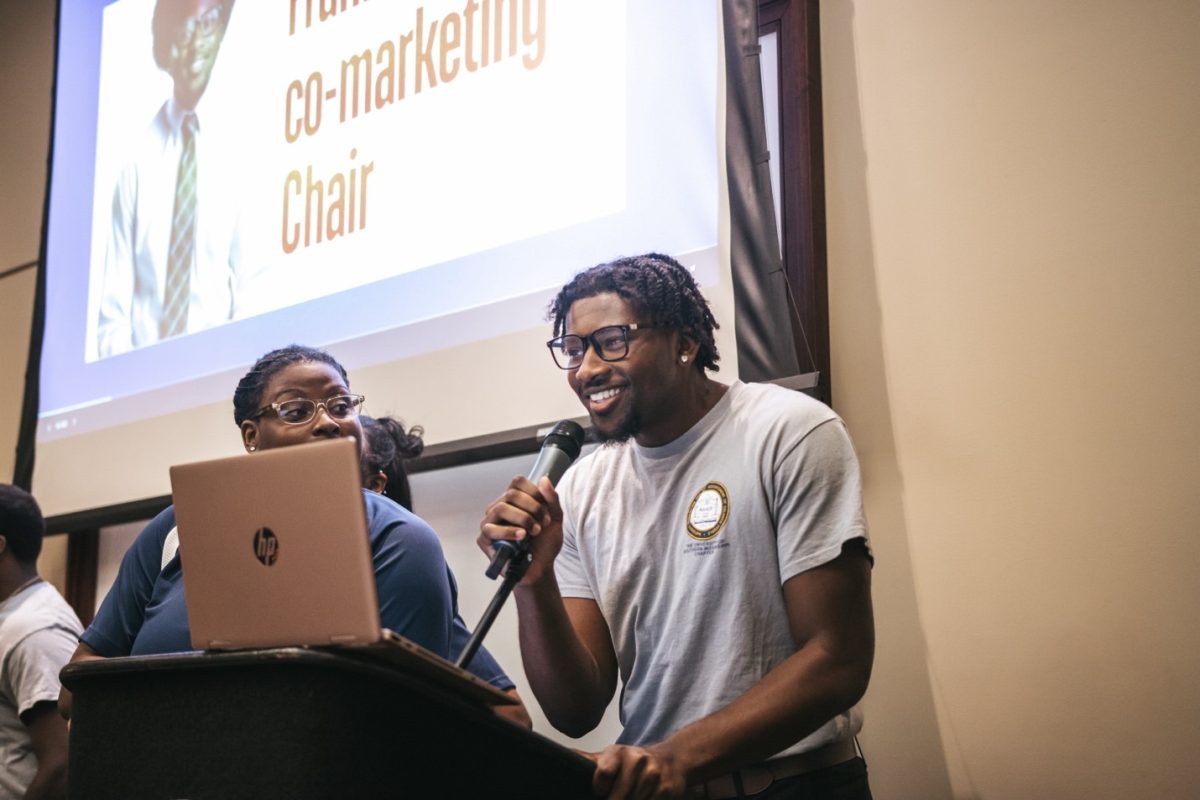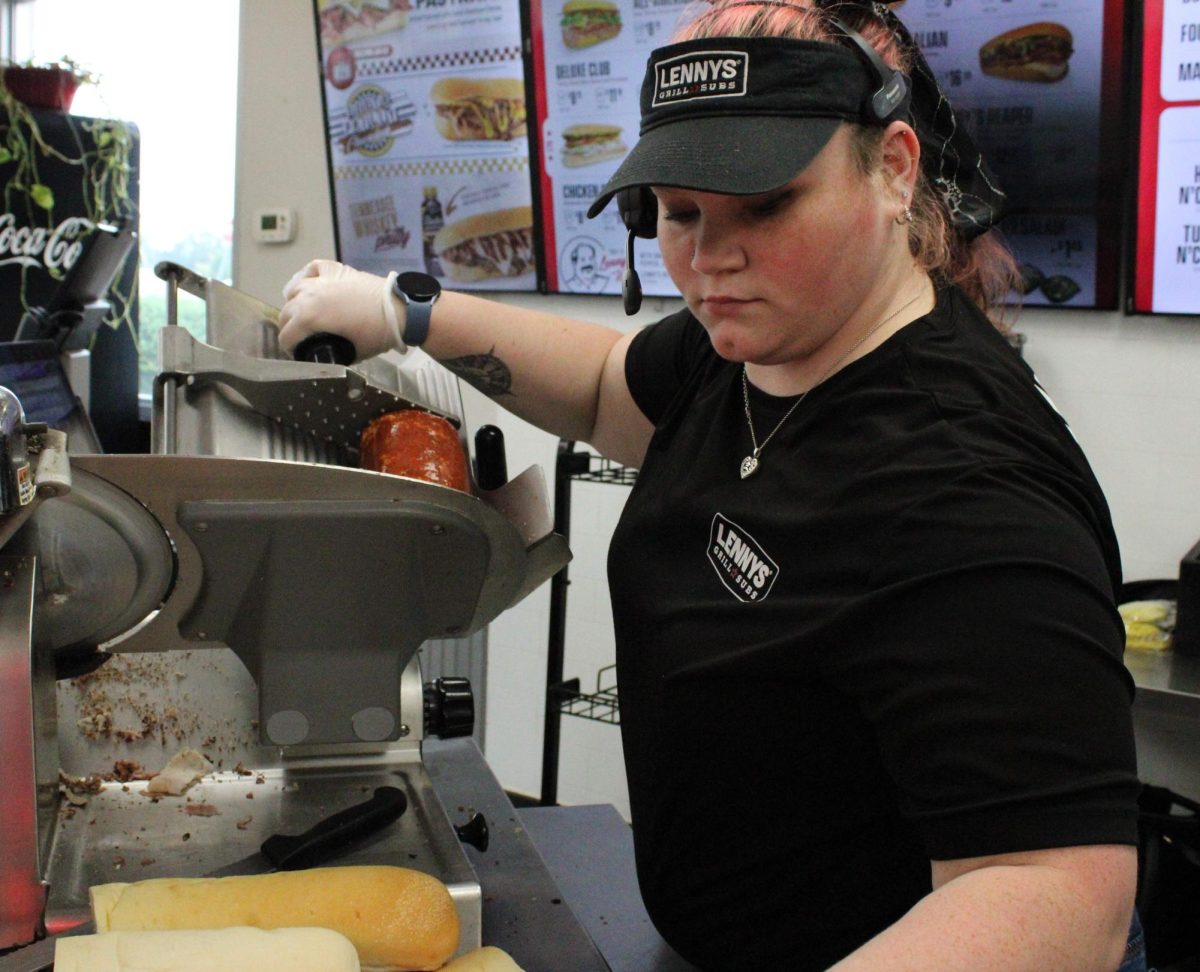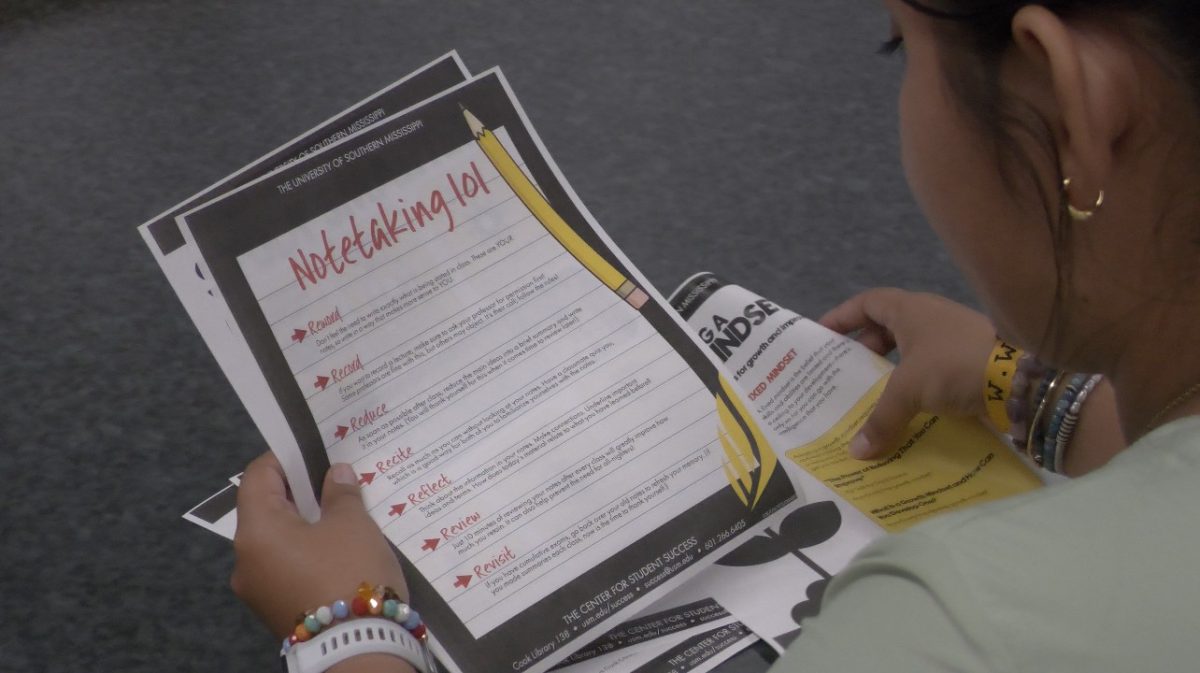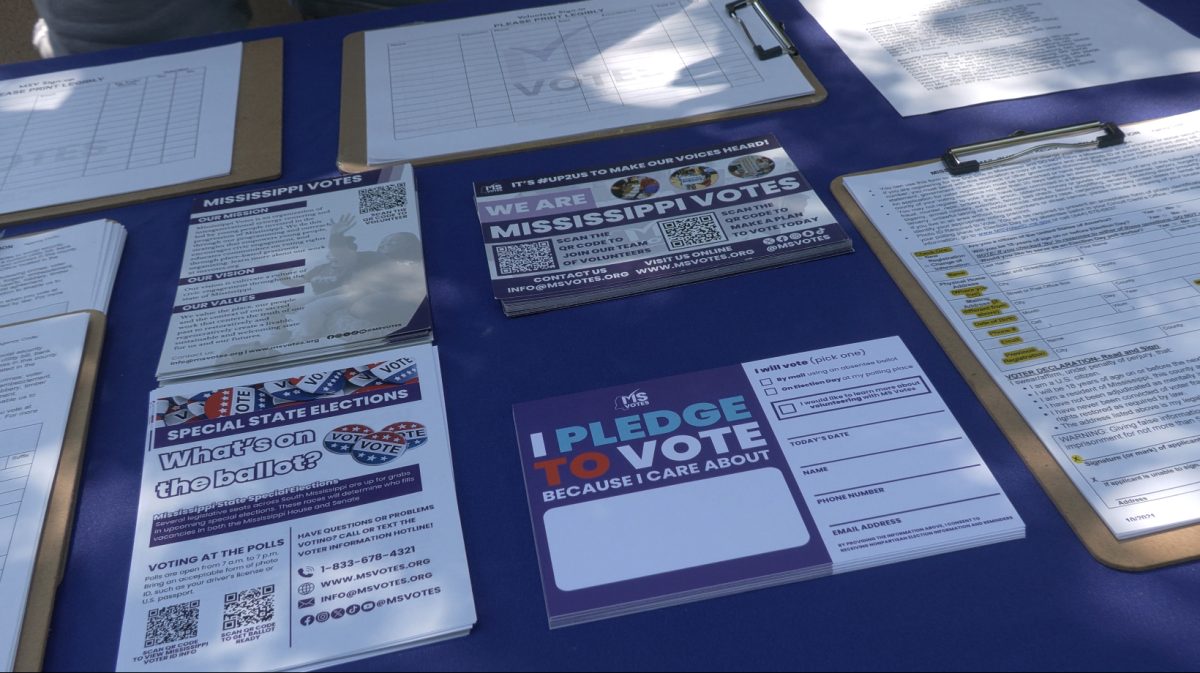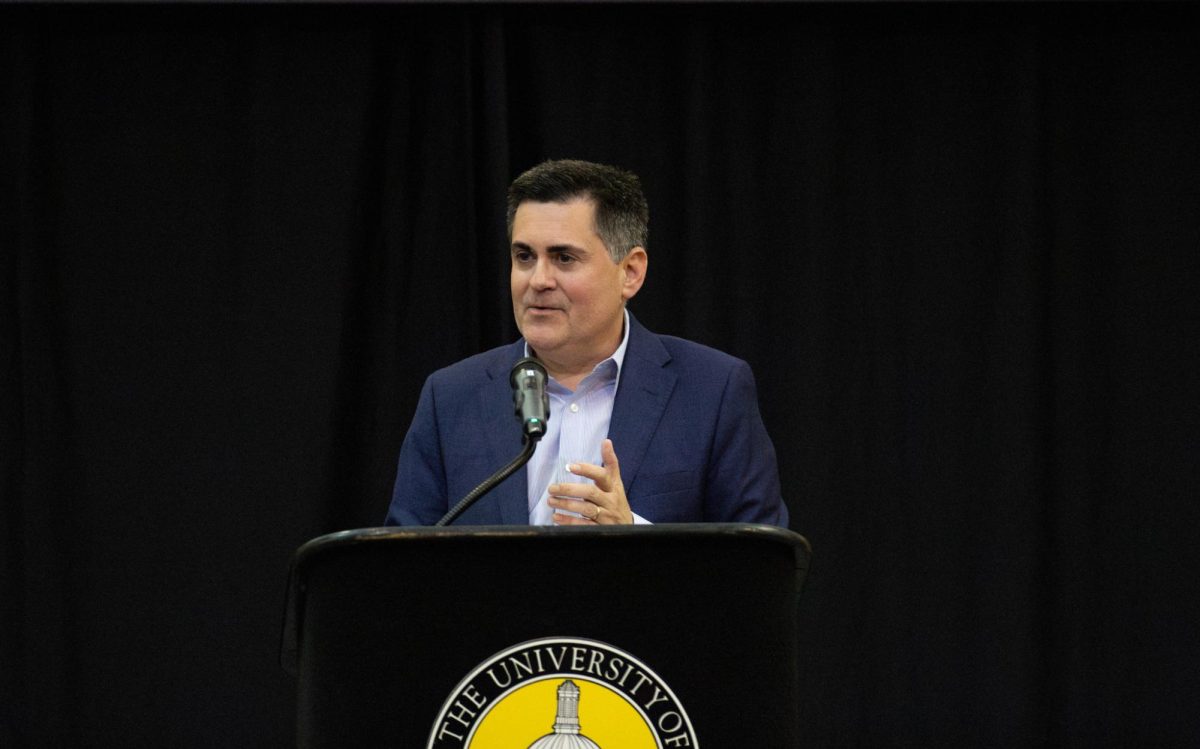Not all heroes wear capes; some wear lab coats.
Growing up in Bangladesh, University of Southern Mississippi Ph.D. student Shazeed-Ui Karim was fascinated by comic book superheroes. But it wasn’t until his father gifted him a book on the history of 100 famous people that he discovered the story of Alexander Fleming, who invented penicillin and saved millions of lives — a story that inspired Karim to follow the path of science.
“I was fascinated with Superman, Spider-Man and Batman like this, then that story switched me to the real life,” said Karim, a Ph.D. student and teaching assistant at Southern Miss with a master’s degree in microbiology, specializing in virology and immunology. “Okay, basically, he’s the real superhero and Superman and Batman — they basically don’t exist.”
Fleming may have lit the initial spark of interest for Karim, but that wasn’t the only reason he chose to study viruses. He began in microbiology, a vast field that he believed still held many discoveries. However, firsthand experience with the devastation viruses can cause led him to specialize in virology and immunology.
“I am from Bangladesh, my country is struggling with dreadful viruses,” Karim said. “Lots of people are dying every year.”
While studying for his master’s in Bangladesh, Karim worked with the hepatitis virus. He visited slum areas to collect samples from people who could not afford tests or treatment. Through this work, he discovered that many were severely infected with hepatitis.
“So, from that I realized — okay, I have to learn more, I have to study more. I have to do something for the human welfare,” he said.
This encounter motivated him to learn more about how viruses affect humans and the immune system. Karim said that by understanding this, he could one day develop a drug treatment that can save lives.
“So, from that inspiration, I chose myself to go for biology,” Karim said. “I was desperately seeking some labs, and hopeful. The University of Southern Mississippi gave me that chance to study biology.”
Karim now works in the lab of Dr. Fengwei Bai, a professor of virology and immunology at USM. There, he researches the Chikungunya virus — a mosquito-borne virus that can cause fever, headache, arthritis and, in some cases, cardiovascular disease.
Karim’s specific interest lies in how the virus affects the heart, an area that is not well understood or commonly studied due to the lack of reliable animal models. The research conducted in Bai’s lab will one day help scientists understand what triggers the virus to infect human organs.
Recently, Karim and his lab mates discovered a way to reduce the virus in the heart and blood vessels, which could lead to reducing the virus in other organs as well. In the lab, Karim works with mice, which he infects with the Chikungunya virus before attempting to treat them.
Moving to the U.S. came with many challenges for Karim. His journey was uncertain from the start, as the embassy had shut down due to the COVID-19 pandemic. Not knowing when it would reopen and unable to obtain a visa, Karim was forced to defer his admission to USM.
Though his journey to get here was hectic, Karim said he never struggled. He credited the support of those around him for helping him succeed — from lab mates who offered moral support to Bai, who ensured Karim had all the essentials needed for such a big move.
“So many people helped me a lot and I don’t know about other places, but I’m super lucky, being here in Hattiesburg,” Karim said.
In his five years at USM, Karim has learned a lot from Bai, who he said always encourages him. When Karim makes mistakes, Bai allows him the chance to learn before telling him where he went wrong. Bai recruited Karim because of his strong research background in Bangladesh and said his current work is proof of his potential.
Karim works hard as both a researcher and a mentor for younger students. Much like his mentor, Karim strives to ensure his students and mentees understand the material he teaches, explaining concepts in simple terms and encouraging interest in the topic. He wants his students to enjoy what they are learning.
“He is very helpful,” Bai said. “Right now, we have two younger students — newer students than him. So, his help is everything.”
Striving to always be helpful and often seen with a constant smile, Karim attempts to be a reliable support system for others. He goes out of his way to assist people, even picking up newcomers from the airport. His dedication and leadership led him to be elected president of the Bangladesh Student Society during the 2023-24 academic year.
“But for my inner responsibility — I feel if I don’t support people, then what’s the point of being a human?” he said.
So far, Karim has helped publish eight articles during his five years as a Ph.D. student, with more on the way. In the future, he plans to continue studying the Chikungunya virus and use the knowledge he gains to work with other viruses and develop therapeutics. He hopes to one day be remembered for his research and findings, which he lovingly calls his “babies.”


